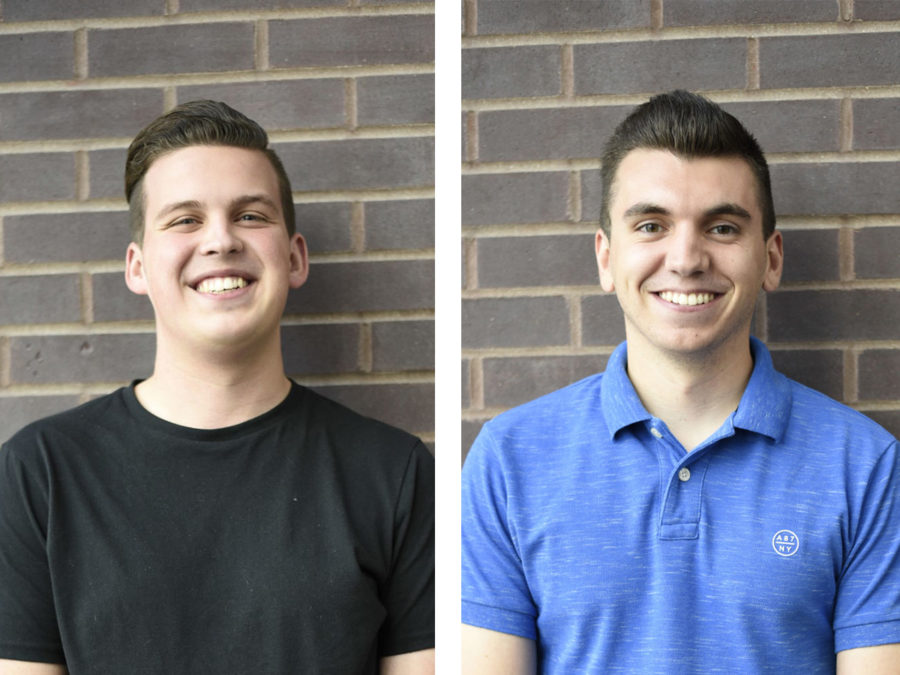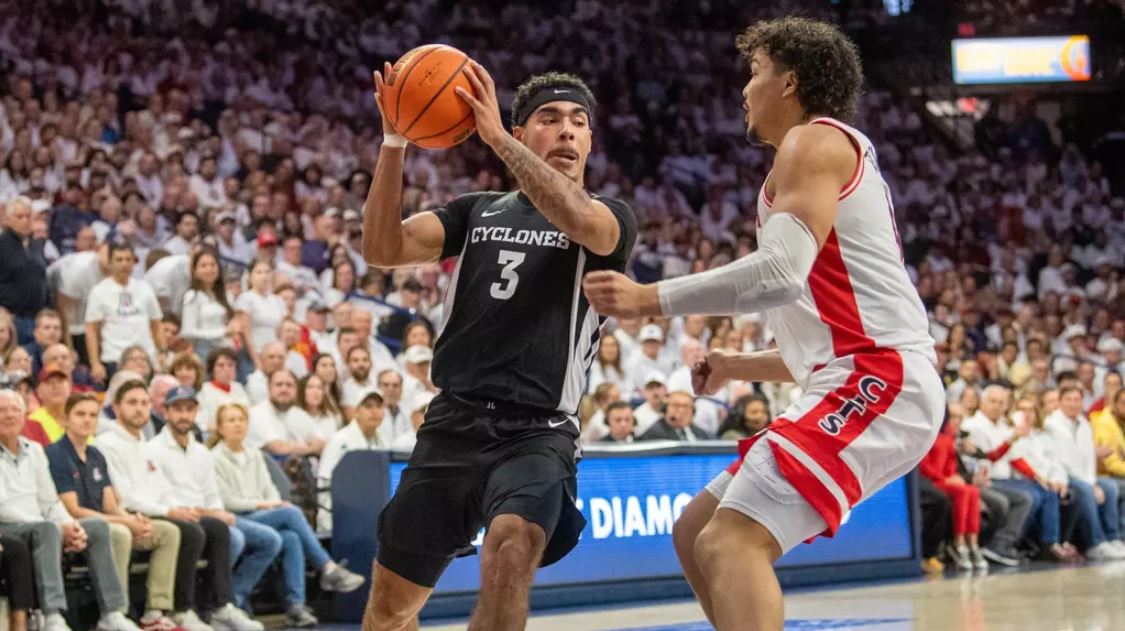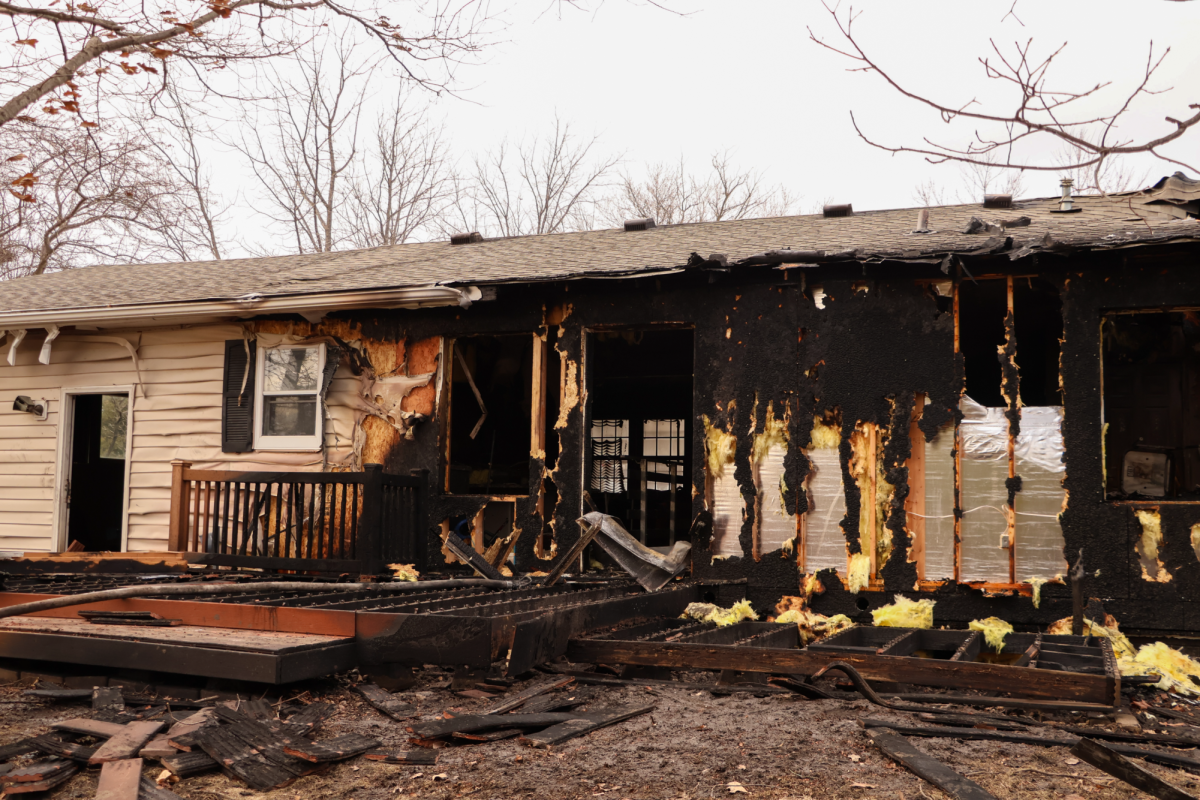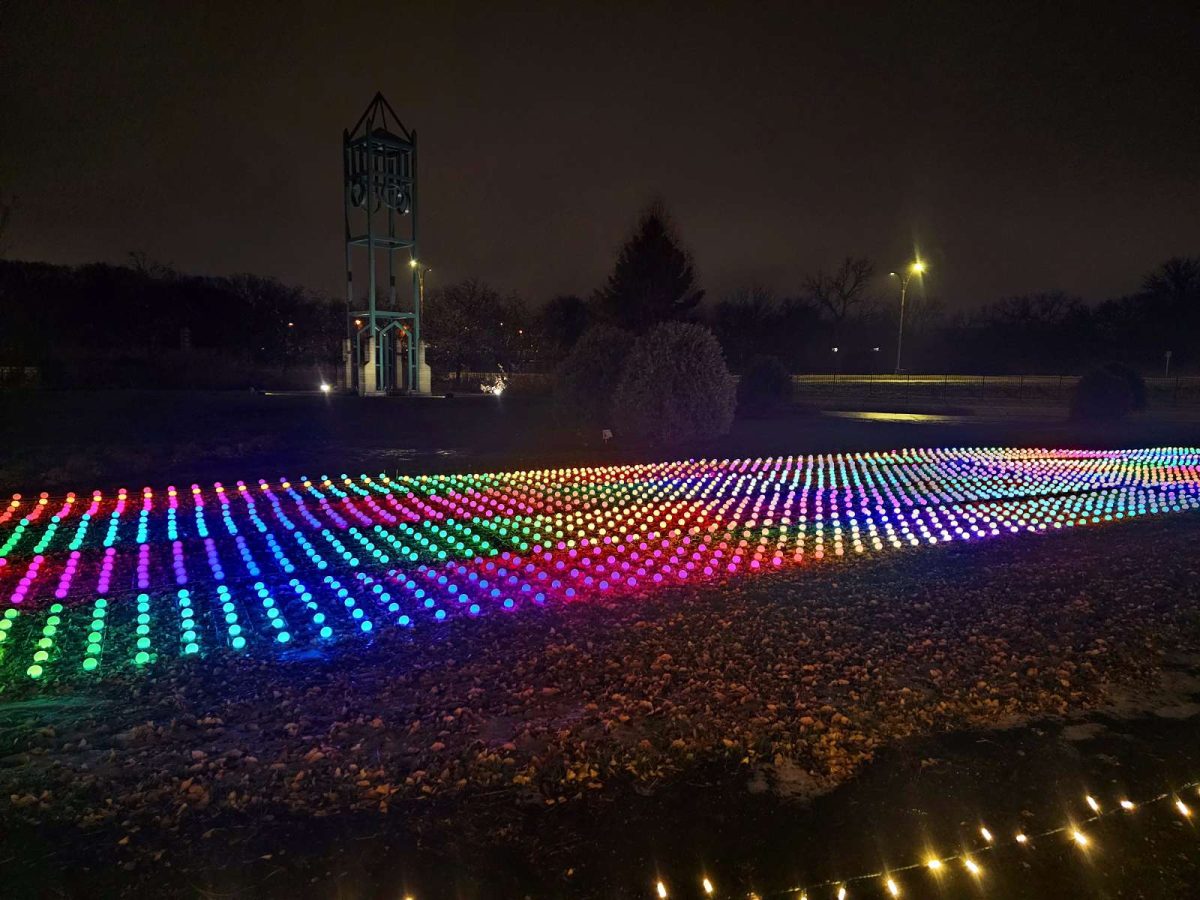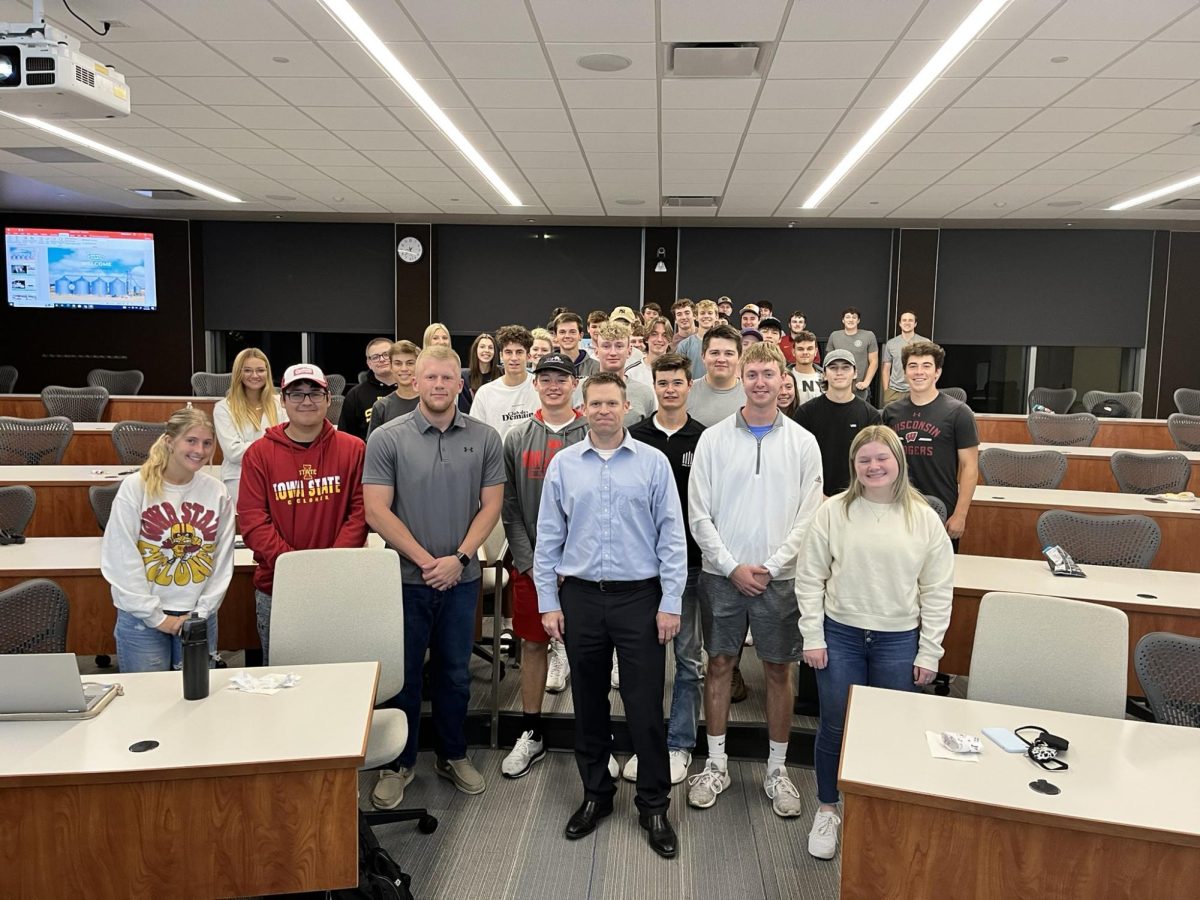Head to Head: Should winter sport athletes been given an extra year of eligibility?
March 30, 2020
With the NCAA Division I Council announcing Monday that spring sport athletes would be given an extra year of eligibility due to the coronavirus outbreak, Iowa State Daily sports editors Zane Douglas and Matt Belinson decided to go ‘Head to Head’ to debate if winter sport athletes should have received an extra year of eligibility as well.
Belinson: Winter sport athletes should not get another year of eligibility
When the NCAA Division I Council voted Monday to grant an extra season of eligibility for spring sport athletes, I thought to myself, ‘Finally, there is something everyone can get behind and agree upon during this crisis’ — until I read the second-to-last paragraph in the release. That’s when I knew controversy would begin to spiral into the dark void of Twitter threads and Facebook comments across the sports world.
The tail end of the release stated that winter sport athletes would not be receiving an extra year of eligibility from the NCAA after their respective postseasons’ were cut short due to the COVID-19 pandemic across the United States and around the world.
Sports such as men’s and women’s basketball, wrestling and gymnastics all would not be receiving extra eligibility to have a chance to complete their seasons.
In the release, the council determined that winter sports had all but ended their seasons and an extra year was not on the table, saying, “Winter sports were not included in the decision. Council members declined to extend eligibility for student-athletes in sports where all or much of their regular seasons were completed.”
Now, that line of rationale may seem harsh and somewhat unfair given the circumstances, especially if we are considering sports like Iowa State women’s basketball and Iowa State wrestling who were primed to make some noise in their respective postseason championships, but that’s the way it had to be.
I know there are many out there who disagree with my stance, and will think of me as the bad guy, and that’s OK.
I understand the hard work and dedication of many collegiate athletes so that they can even have a chance of making their respective postseason championships, let alone have a real shot to win, but I disagree that they should have been granted an extra full year of eligibility for a whole season they basically finished.
If we are talking about what’s fair and what’s not, the idea of giving a chance for these sports to compete in delayed postseason championships would be my idea of fair if we are going down that path.
I don’t think granting another full year in sports like basketball, wrestling, etc., would exactly fit the bill of fair with what has taken place this year.
A loud and popular argument for allowing another full season in winter sports is the idea that athletes, programs and certain storylines deserve a fair shot to play in the postseason that they worked so hard toward in the grueling regular season.
In the men’s college basketball world, many people argue something to the effect of: ‘programs like Baylor, Dayton, Gonzaga and San Diego State have had great seasons and historic runs that deserve to be playing for a national title.’
I am not disagreeing with that line of thinking, which is why I think if the NCAA had any courage, they would wait to hold the NCAA men’s basketball, women’s basketball, gymnastics and wrestling championships until the safety and health of athletes and fans is assured.
That’s the only way this can and should work.
Giving out another full year for winter sport athletes defeats the whole purpose of the argument that players deserve a chance to compete in the postseason for what they did in the 2019-20 regular season for their respective sport.
If winter sport athletes were given another year to play, it wouldn’t be all of the milk and honey that fans associate with all that has taken place for some respective programs this past season.
There is no way Baylor goes on the run it did in the Big 12 if they ran it all back again next year and programs like Dayton and San Diego State wouldn’t be in the position they are now, there is no guarantees in the mid-level conferences that they play in. If we turned the clocks forward a year from right now, the teams we saw at the top of the rankings would not be where they are if a new season was played.
Another year of eligibility means another year that highly rated recruits would have to wait on the bench and possibly transfer, another year of potential injuries for winter sport athletes that could completely change the trajectory of a team even if they got a chance to do it all again.
To put it simply, if the argument is that players should deserve a shot to win before their time in college is done, giving out another full year of play offers more hurdles to overcome than the positives people want to find. Everything would be turned on its head. Dayton and San Diego State fans would be upset that their magical runs in the 2019-20 season didn’t continue in a hypothetical redo of the regular season.
So if that is where you stand, that winter sport athletes worked hard and should be able to play for what they train hours on end for, then the real answer lies in the hands of the NCAA.
The NCAA should take their time, allow more social distancing to take effect and hold off the postseason championships until a later time. Obviously Iowa State athletes and many others want to compete for Big 12 and national titles, so let them if that is what they want.
Seniors already had their senior nights before the virus shut down the sports world, so the harsh truth is that instead of putting together another season of eligibility for a season that was played and decided, just offer a chance to play in the postseason.
Those three to five games that were taken away are important, don’t get me wrong, which is why those are the only games that should be given back to winter sport athletes, not a full season of uncertainty.
Douglas: Winter sport athletes should get another year of eligibility
I wonder if anyone saw this coming.
Matt laid out some nice points and I think the general consensus — including with him — is that if something could be done to salvage only the postseason for these sports then that would be the best course of action.
There is no way to do that without extending eligibility for every winter sport athlete out for one more year.
This isn’t the perfect solution because it delays the churn of new athletes and can hurt the development of some of the young players, but it’s the only course of action that fairly gives someone their season back.
There is no time where the NCAA tournament could be fit in before players leave for the NBA or WNBA, so to make up for the lack of a postseason for those leaving and for sports where there is a possible professional setting to go into, this is important.
Something that isn’t talked about with this decision is the amount of draft stock that can be raised on the big stage by otherwise unknown pieces.
The most notable in somewhat-recent memory is Stephen Curry’s magical run with Davidson that landed him as a top 10 pick in the NBA, something that probably wouldn’t have happened if it weren’t for that tournament run — after all, he was a junior at the time.
The NBA and WNBA drafts will go on as normal, but for players that are fringe draft picks, this was a nightmare scenario.
Take R.J. Hunter for example. You may remember him as the guy who hit that shot to propel 14-seeded Georgia State over Baylor. The guy whose dad coached his team — the same dad that fell off his stool after witnessing that shot.
Or maybe you’re a fan of the NBA primarily and you remember him as a Boston Celtics late first-round draft pick. A player who played sparingly for three NBA teams and is now trying to salvage his career in the G-League.
Whatever you remember, Hunter was the best player on his college team and was able to single-handedly spoil then third-ranked Baylor’s excellent season on one long three.
As nice as 19.7 points per game is in your junior season in college, a shooting guard that was only shooting 30.5 percent in his senior season was not being looked at as a top NBA prospect. Especially not a first-rounder.
Hunter’s story is a success story that has ended in uncertainty, but his final chance wasn’t just a big shot against Baylor. That shot was so important that he got multitudes of final chances at the professional level as well, and his career still isn’t over.
For all the college teams that were just making it into the tournament, Rutgers men’s basketball team coming to mind as an especially big gut-punch, the athletes on those teams were even more affected by what this could’ve meant for their future.
Maybe it’ll upset some development and maybe these athletes don’t deserve another full regular season, but I’ll ask this: Is there a better way to make up for what has been lost?


